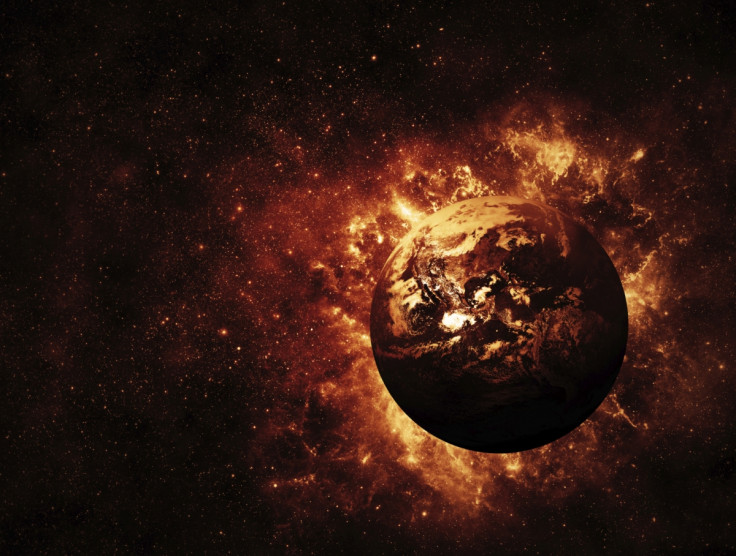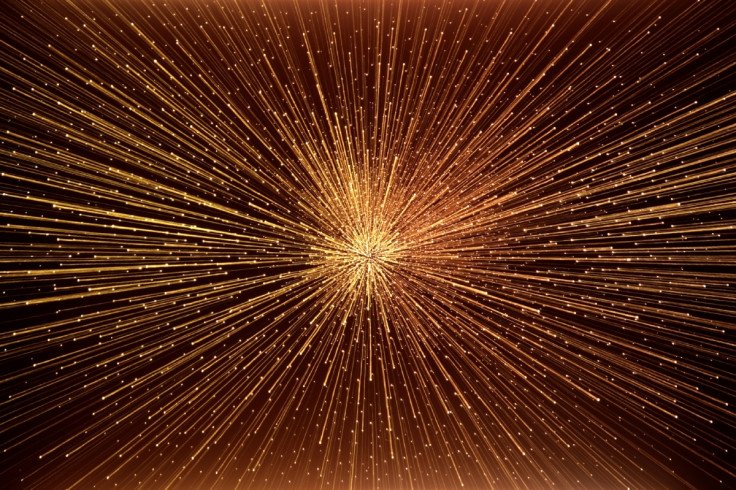Relax, the universe won't destroy itself for at least another 2.8 billion years

In case you were wondering, the universe will not end for at least another 2.8 billion years, say researchers. A new study says that if the end of the universe is caused by dark matter speeding up its expansion, it's not even half-way through its lifetime yet.
The research, published in the journal General Relativity and Quantum Cosmology, highlights this date as being the earliest time the universe could tear itself apart, and the latest is an infinite date. In that scenario, the Earth would be destroyed by the Sun burning out.
The scientists working on the study, from the University of Lisbon, believe the end of the universe could be caused by dark matter.
It is known that the universe is expanding because of this dark energy – although nobody is quite sure how, yet – and the amount of dark matter could be increasing in the universe by high-speed collisions of cosmological particles.
If there is more dark energy in the universe, the speed that the universe is expanding also quickens. This enlargement could become so quick, that the fabric of space-time is torn apart, and everything inside it would be destroyed.
The ever-expanding universe

The study used models to find the nearest time the universe could destroy itself. They began by using the Hubble expansion rate – an estimation of how quickly the universe is expanding.
They then added cosmological factors into the model, including supernova, dark matter, and baryon acoustic oscillations – regular changes in the amount of matter in space generated from the big bang.
The results showed the most likely time that the universe could expand too quickly – and therefore rip itself apart – is at about 2.8 billion years.
"The aim of the work has been to establish a general lower bound for the time of a potential future singularity," the researchers write. Diego Saez-Gomez, researcher working on the study, told the New Scientist that for now, "we're safe".
"We show that quite generally, the lower bound for the singularity time cannot be smaller than about 1.2 times the age of the universe," the researchers wrote. "Roughly speaking, [that] means approximately 2.8 [billion years] from the present time."
© Copyright IBTimes 2025. All rights reserved.






















